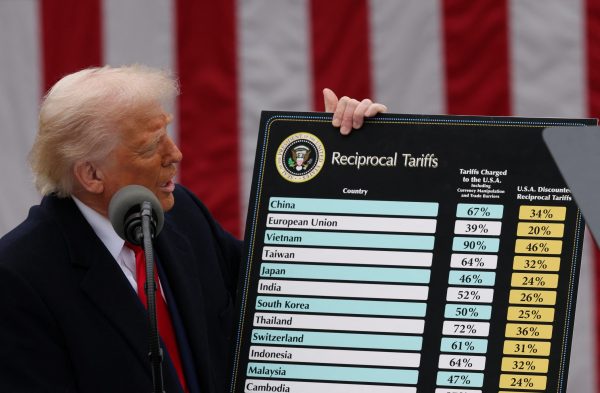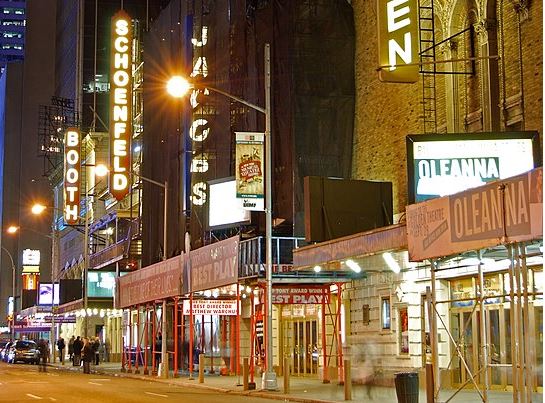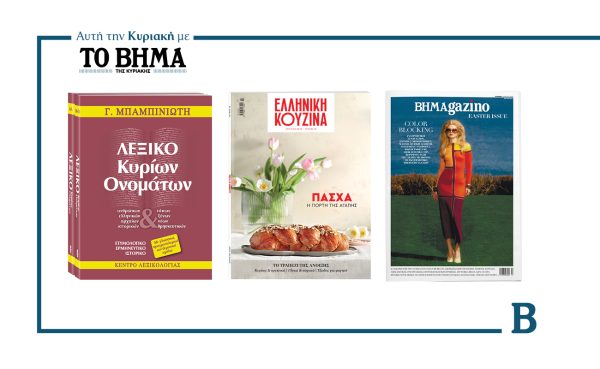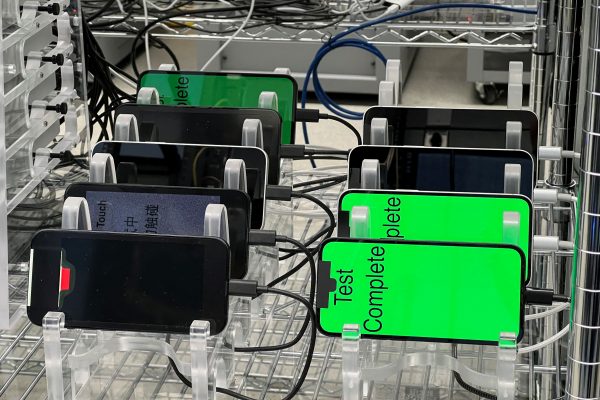
After the successful completion of the first cycle of the program and the reduction of food waste by up to 25% in the three participating hotels (Grecotel Cape Sounio, Aquila Rithymna Beach, Marriott Athens of the Chandris Group) in the summer of 2019, the program “Hotel Kitchen: Here food has value” begins a new cycle of dynamic action against food waste with the participation of 11 more Greek hotels in Crete, Rhodes, and Kos.
In particular, the groups and participating hotels in alphabetical order are: Apollo Hotels (Apollo Blue & Apollo Beach), Electra Hotels & Resorts (Electra Palace Rhodes) Esperia Group (Esperos Village Blue & Spa), H Hotels Collection – Hatzilazarou Group (Princess Andriana Resort & Spa), Metaxa Hospitality Group (Creta Maris Beach Resort), Mitsis Hotels (Blue Domes Resort & Spa), Mitsis Hotels (Rodos Village Beach Hotel & Spa), Phaea Resorts (Cretan Malia Park), S Resorts- Sapounakis Group (Ikaros Beach Resort & Spa), Vasia Hotels (Vasia Resort & Spa).
The participation of 11 new hotels in the program comes on the one hand to confirm the successful course of the program so far and on the other hand to confirm that, although the hotel industry has been severely affected by the pandemic, reducing food waste is at the heart of hotel business. emerges as a key means of saving resources and enhancing their environmental practices.
Already, during the current phase of the project, which is being implemented in its entirety with the support of Unilever Food Solutions and will be completed in September 2022, very important conclusions have been drawn. These are expected to help participating hotels reduce food waste on site, while reaping many environmental and economic benefits. The findings will then contribute to the creation of a valuable and innovative pool of knowledge for mapping and combating this problem in the hotel industry.
Indicatively, from the first data records carried out by the hotels and analyzed by WWF Hellas, it emerged that for each hotel customer, on average, about 350 grams of food are thrown away per day, from the preparation and cleaning of fruits and vegetables to the final buffet and serving. As it turned out, however, valuable food is not only lost in the kitchen, but also in the dishes of visitors. In fact, in more than half of the hotels participating in the program, the waste on the plate of the guests is at the same level as the waste of food at the breakfast buffet!
The aim of this second phase of the program is to further develop the methodology and good practices recorded in 2019, at the start of the program in Greece. Now, emphasis will be placed on data collection through the counting of food waste, on the reduction and prevention of waste through good practices that will be implemented and recorded in 11 hotels, in cooperation with local agencies (hotel chambers, etc.) for dissemination of know-how and findings, as well as the connection of the program with the new operating framework of the hotels based on the new bill.
It is worth mentioning that the initiative is also intertwined with the requirements of the new legislation on recycling, according to which hotels with more than 100 beds will be required to record and declare the amount of food waste in their facilities.
Also, the main goal of the program is to create an educational mechanism for employees in the hotel industry to methodically reduce food waste, something that according to a relevant research, is sought by 93% of employees (in a sample of 342 employees). At the same time, the program aims to raise the awareness of visitors during their stay through information campaigns, but also to disseminate the results nationwide in the training seminars organized by Unilever Food Solutions for the industry network (UFS All-inclusive Hotels Academy ).
It is noted that the training of employees and the awareness of visitors are, according to the same research, 2 of the 4 most effective measures to reduce food waste in the industry, along with the disposal of surplus food in Institutions, but also the disposal of those can not be consumed by humans but are safe for animal fodder. Of course,smart portioning, the safe arrangement of the dishes in the buffet and the correct serving are highlighted as the dominant factors for the final solution of the problem.
As Vicky Barboka, Head of Sustainable Nutrition Programs at WWF Hellas, notes: “The participation of 11 new hotels in the “WWFHotelKitchen” program and the fact that the hotel industry is constantly seeking changes for sustainability, confirms that tackling food waste is increasingly on the agenda of hotels with the aim of proper utilization of food and simultaneous protection of the planet. “Especially now, in the midst of the severe effects of the pandemic on society, the environment and the economy, the program can be a valuable guide to the proper use of resources.”
The General Manager of UnileverFoodSolutions in Greece, Thodoris Sakellariou, stated: “Always guided by the sensitivity of Unilever Food Solutions against food waste, we are pleased to continue a new cycle of dynamic action. Both the participation of the 11 new hotel groups, as well as the choice of their geographical location are of great importance, as they will cover different aspects of the hotel industry through a substantial change. “Raising the awareness and education of hotels around major environmental issues that will have a positive impact on reducing food waste is a high priority for all of us.”
Latest News

Trump Tariffs Jeopardize Growth: Piraeus Chamber of Commerce
The tariffs, aimed at reducing the U.S. trade deficit, are expected to have both direct and indirect effects on the European economy

EU Condemns Trump Tariffs, Prepares to Retaliate
As tensions escalate, the EU is expected to continue negotiations with Washington while preparing for potential economic retaliation.

The Likely Impact of Trump Tariffs on Europe and Greece
Trump tariffs are expected to negatively affect economic growth in the Eurozone while Greece's exports could take a hit.

Motor Oil Results for 2024: Adjusted EBITDA of 995 mln€; Proposed Dividend of 1.4€ Per Share
Adjusted EBITDA for 2024 was down 33% yoy. The adjusted profit after tax for 2024 stood at 504 million euros, a 43% decrease from the previous year

Cost of Living: Why Greece’s 3% Inflation Is Raising Alarm
Greece appears to be in a more difficult position when it comes to price hikes, just as we enter the era of Trump’s tariffs.

Fitch Ratings Upgrades the Four Greek Systemic Banks
NBG’s upgrade reflects the bank’s ongoing improvements in its credit profile, Fitch notes in its report, including strong profitability, a reduction in non-performing exposures (NPEs), and lower credit losses

Trump to Announce Sweeping New Tariffs Wednesday, Global Retaliation Expected
With Trump's announcement just hours away, markets, businesses, and foreign governments are bracing for the fallout of one of the most aggressive shifts in U.S. trade policy in decades.

Inflation in Greece at 3.1% in March, Eurostat Reports
Average inflation in the eurozone settled at 2.2%, compared to 2.3% in February

Greece’s Unemployment Rate Drops to 8.6% in February
Despite the overall decline, unemployment remains higher among women and young people.

Jerry Kalogiratos Highlights Key Role of Energy Transition and Data Demand in LNG Outlook
Energy transition and the prospects of LNG were discussed at Capital Link’s 19th Annual International Maritime Forum, during a panel discussion with Jerry Kalogiratos (Capital Clean Energy Carriers Corp.)
























![ΕΛΣΤΑΤ: Αυξήθηκε η οικοδομική δραστηριότητα κατά 15,6% το Δεκέμβριο [πίνακες]](https://www.ot.gr/wp-content/uploads/2025/03/DSC9655-2-1024x569-1-90x90.jpg)

















 Αριθμός Πιστοποίησης
Αριθμός Πιστοποίησης